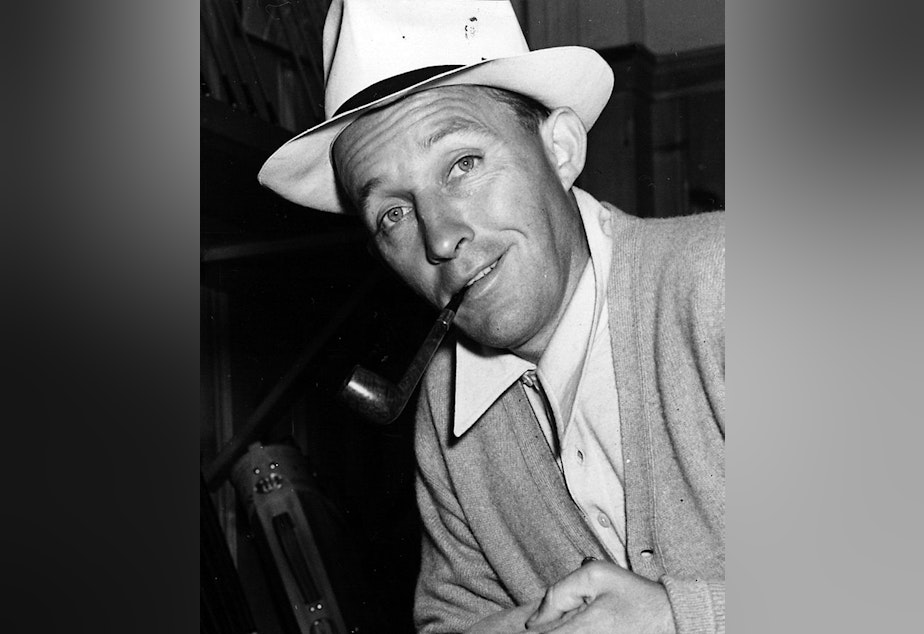'Imbecile Slush': Surprising Early Reactions To Crooning

In 1932, a new singing style was emerging: crooning. What we might consider easy listening now wasn't necessarily received cordially by its contemporaries. Cardinal O'Connell of Boston described it as "imbecile slush" and "a degenerate form of singing.”
Crooning took off in tandem with early radio. The invention of the microphone allowed for more vocal subtlety and made it the perfect instrument for the likes of Bing Crosby.
"I Surrender Dear," released in 1931, was Crosby’s first big solo hit:
The song was so popular that legendary director Mack Sennett made a radio short featuring the song.
Sponsored
Meanwhile CBS President William Paley quickly signed Crosby to his own radio show, which launched the singer's 30 years as a radio star.
Crooning was extremely popular with the public, but there was a lot of backlash, too. The New York Singing Teachers Association thought it would make a lasting negative impact on society: “Crooning corrupts the minds and ideals of the younger generation.”
According to author Ian Whitcomb in his book "The Coming of the Crooners," Lee DeForest, one of radio’s inventors, regretted that his hopes for the medium as a dispenser of “golden argosies of tome” had become “a continual drivel of sickening crooning by ‘sax’ players interlaced with blatant sales talk.”
Even in the famous 1936 Merrie Melodies cartoon “I Like To Singa,” young Owl Jolson is thrown out of his home for singing in the current jazz phrasing of the day.
Sponsored
While kicking his son out of the house, Papa Owl rants "You hotcha! You crooner! You falsetta! You jazz singer! You ... you ... you ...!" He slams the door, then suddenly reopens it to add, "Phooey!"
A generation later, the same things were being said about rock and roll. As new genres caught on, crooning became re-categorized as easy listening. Which it obviously never was, at least for Lee DeForest and Cardinal O’Connell.

